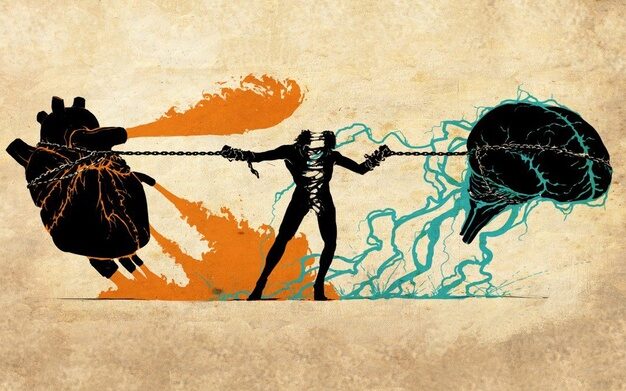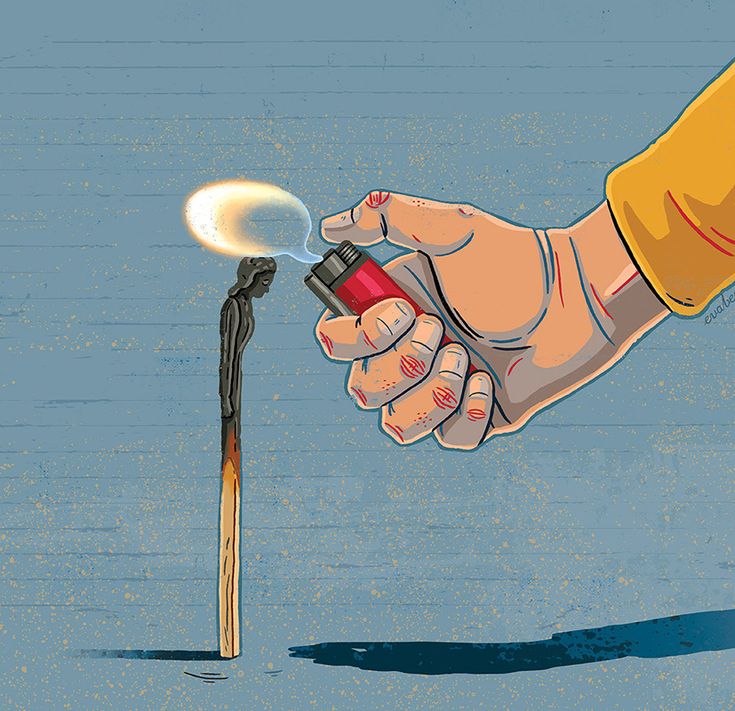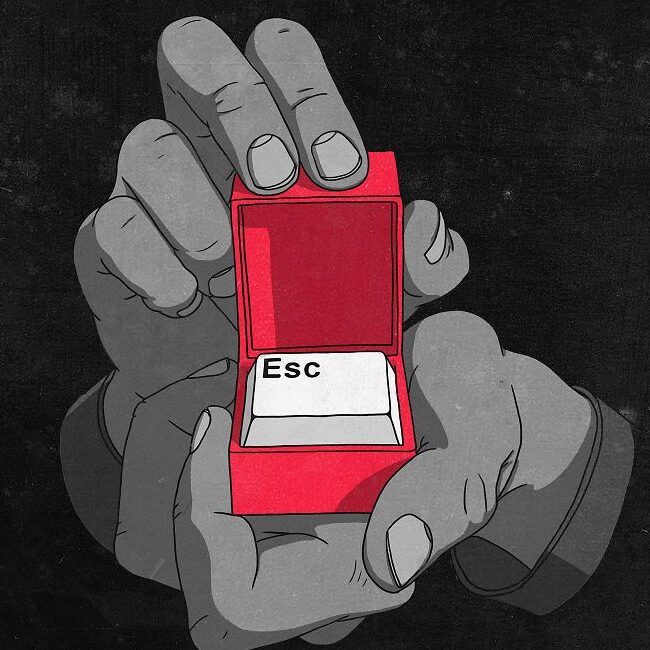THE TOXIC TANGO: How Empathy & Narcissism Create a Dangerous Partnership
“Imagine a relationship where one partner gives selflessly, constantly considering the other’s feelings and needs. Meanwhile, the other partner takes advantage, seeing themselves as the center of the universe. This is the stark reality of an empath and a narcissist in a toxic partnership.” Empathy is the ability to understand and share the feelings of another person. Empathetic individuals are compassionate, supportive, and often prioritize the well-being of others. In contrast, narcissism is characterized by an inflated sense of self-importance, a deep need for admiration, and a lack of empathy for others.
Narcissists often exploit and manipulate those around them to maintain their self-image. When empathy and narcissism collide in a relationship, it creates a dangerous and unbalanced dynamic. Understanding how these traits interact is crucial for recognizing toxic patterns and protecting oneself from emotional harm.
How Empathy Manifests in Behavior & Relationships: In behavior, empathy shows up as active listening, providing emotional support, and offering genuine concern for others’ experiences. In relationships, empathetic people create safe and nurturing environments, fostering open communication and mutual respect. They are often the ones who remember small details, offer comfort during tough times, and celebrate others’ successes wholeheartedly.
How Narcissism Manifests in Behavior & Relationships: In behavior, narcissism can appear as arrogance, entitlement, and a tendency to exploit others for personal gain. Narcissists often dominate conversations, belittle or ignore others’ feelings, and manipulate situations to maintain their self-image. In relationships, they can be charming and persuasive initially but eventually reveal controlling and self-centered tendencies. Their lack of empathy makes it difficult for them to form genuine, reciprocal connections.
The Empath-Narcissist Dynamic

Empathetic Individuals Are Often Drawn to Narcissists: Empathetic individuals are naturally inclined to help and understand others, making them prime targets for narcissists. Empaths seek to heal and support, while narcissists crave attention and validation. This complementary dynamic creates an initial attraction that can be misleadingly strong.
The Initial Attraction: Narcissists often exude charm and charisma, drawing people in with their confidence and allure. They can be highly engaging, making their partners feel special and valued in the beginning. This captivating facade masks their true self-absorbed nature, creating a powerful but deceptive pull for empathetic individuals.
The Toxic Cycle

Love Bombing: The relationship typically starts with love bombing, where the narcissist showers the empath with excessive affection, flattery, and attention. This overwhelming display of love creates a deep emotional bond and makes the empath feel incredibly valued and special. However, this phase is short-lived and serves to secure the empath’s loyalty and attachment.
Gaslighting: As the relationship progresses, the narcissist employs gaslighting, a manipulative tactic designed to make the empath question their reality and sanity. The narcissist denies facts, distorts the truth, and blames the empath for any issues, creating confusion and self-doubt. This psychological manipulation erodes the empath’s confidence and makes them increasingly dependent on the narcissist.
Manipulation & Control: Narcissists use various forms of manipulation and control to maintain dominance in the relationship. They may isolate the empath from friends and family, criticize and belittle them, and use guilt or threats to enforce compliance. This ongoing manipulation strips the empath of their autonomy and reinforces the narcissist’s power.
Breaking the Cycle

Signs That You Might Be in an Empath-Narcissist Relationship: Recognizing the signs of an empath-narcissist relationship is crucial for breaking free from its toxic grip. Key indicators include:
- Feeling constantly criticized or belittled.
- Questioning your reality and sanity due to frequent gaslighting.
- Experiencing a persistent sense of guilt or responsibility for the narcissist’s emotions.
- Feeling emotionally drained and losing your sense of self.
- Observing a pattern of intense highs and lows in the relationship.
Strategies for Empathetic Individuals to Protect Themselves: Empathetic individuals can protect themselves by setting clear boundaries and recognizing their own worth. Strategies include:
- Practicing self-care and prioritizing personal well-being.
- Establishing firm boundaries and enforcing them consistently.
- Developing self-awareness and recognizing manipulative behaviors.
- Seeking support from trusted friends, family, or support groups.
- Limiting contact or going no-contact with the narcissist when possible.
Steps to Take to End a Toxic Relationship: Ending a toxic relationship with a narcissist requires careful planning and support. Steps include:
- Acknowledging the reality of the relationship and the need for change.
- Creating a safety plan, especially if the narcissist is abusive.
- Gradually distancing yourself and minimizing interactions.
- Seeking legal advice if necessary, particularly in cases of cohabitation or shared assets.
- Ending the relationship definitively and cutting off all communication.
Recommended Reading for Deeper Understanding :
- “The Empath’s Survival Guide: Life Strategies for Sensitive People” by Judith Orloff – A comprehensive guide for empaths to protect themselves and thrive.
- “Why Does He Do That?: Inside the Minds of Angry and Controlling Men” by Lundy Bancroft – Insightful exploration of abusive behaviors and strategies for breaking free.
- “Healing from Hidden Abuse: A Journey Through the Stages of Recovery from Psychological Abuse” by Shannon Thomas – A roadmap for recovery from narcissistic and emotional abuse.
- “The Narcissist You Know: Defending Yourself Against Extreme Narcissists in an All-About-Me Age” by Joseph Burgo – Practical advice for recognizing and dealing with narcissists.
- “Will I Ever Be Good Enough?: Healing the Daughters of Narcissistic Mothers” by Karyl McBride – Focuses on the impact of narcissistic abuse within families and the healing process.
